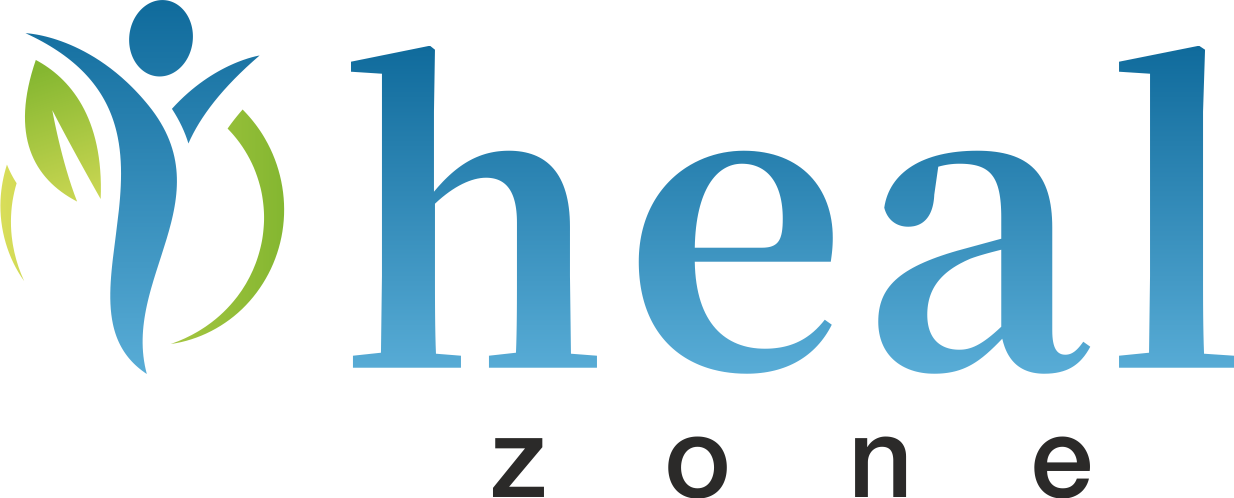Lung cancer is one of the leading causes of cancer-related deaths worldwide, but early detection can significantly improve treatment outcomes and survival rates. Recognizing the early signs, especially in stage 1 lung cancer, is crucial for ensuring timely diagnosis and treatment. In this guide, we will break down the most common symptoms of stage 1 lung cancer, explain why early detection matters, and provide actionable steps you can take if you notice any warning signs.
What is Stage 1 Lung Cancer?
Stage 1 lung cancer is the earliest stage of lung cancer, where the tumor is still localized to the lungs and has not spread to other parts of the body. In this stage, the tumor is generally small (less than 4 cm), and there’s no involvement of the lymph nodes. According to the American Cancer Society, early-stage lung cancer is often more treatable, with a higher survival rate compared to more advanced stages.
The prognosis for stage 1 lung cancer is relatively favorable, especially if detected early. Treatment often involves surgery to remove the tumor, and in some cases, radiation or chemotherapy may be recommended to ensure the cancer is completely eradicated.
1st Stage Lung Cancer Symptoms: What to Watch For
Recognizing stage 1 lung cancer symptoms can be tricky because they are often mild or mistaken for other less serious conditions. However, even subtle symptoms should not be ignored, as they could be your body's way of signaling that something is wrong.
Here are some common symptoms to watch for:
- Persistent Cough: A cough that doesn’t go away and worsens over time is one of the earliest and most common symptoms. If you've been coughing for more than a few weeks without improvement, it's essential to consult a healthcare provider.
- Shortness of Breath: Difficulty breathing, even during routine activities, can be an early indicator. You might find yourself getting winded while climbing stairs or doing light physical activity.
- Chest Pain: Discomfort or pain in the chest that worsens when breathing deeply, coughing, or laughing can be a sign of lung cancer. This pain may be sharp or dull and can spread to the back or shoulders.
- Unexplained Weight Loss: Losing weight without a change in diet or exercise can be a symptom of many cancers, including lung cancer. If you notice a significant drop in weight, it's important to get checked out.
- Fatigue: Feeling unusually tired, even after a full night's sleep, can be an early sign of lung cancer. Cancer cells consume a lot of the body's energy, leading to fatigue.
- Hoarseness or Voice Changes: If your voice becomes raspy or you notice a change in your speaking tone without having a cold or sore throat, it may be linked to a lung issue.
Why Early Detection Matters
Detecting lung cancer in its earliest stages dramatically improves the chances of successful treatment. According to the National Cancer Institute, the 5-year survival rate for localized (stage 1) lung cancer is around 60-80%, compared to just 6% for more advanced stages where the cancer has spread to distant parts of the body.
Early detection allows for less invasive treatments and a higher chance of removing the cancer entirely through surgery. This is why it’s critical to pay attention to even the smallest symptoms, as they may be the first signs of something more serious.
Treatment Options for Stage 1 Lung Cancer:
- Surgery: This is the most common treatment, aimed at removing the tumor. Options include lobectomy (removal of a lobe of the lung) or wedge resection (removal of the tumor with a small portion of lung tissue).
- Radiation Therapy: Sometimes used when surgery isn’t an option, or to ensure all cancerous cells are eliminated after surgery.
- Targeted Therapy: For patients whose tumors have specific genetic mutations, targeted therapies may be used.
.jpg)
What Should You Do If You Notice Symptoms?
If you experience any of the symptoms listed above, it’s important not to dismiss them. Early action can make a big difference in your prognosis.
- See a Doctor: The first step is to schedule an appointment with your healthcare provider. They will likely conduct a physical exam, ask about your medical history, and may recommend diagnostic tests, such as:
- Chest X-ray: To look for any masses or abnormalities in the lungs.
- CT Scan: A more detailed imaging test that provides a better view of lung structures.
- Biopsy: If a suspicious mass is found, a biopsy may be conducted to determine if it’s cancerous.
2.Get a Second Opinion: If you’re diagnosed with stage 1 lung cancer, it’s important to explore all your treatment options. Healzone Medical Tourism can connect you with top oncologists and specialists to ensure you receive the best possible care.
Preventive Measures and Risk Factors
While some risk factors for lung cancer, like genetics, cannot be controlled, there are several steps you can take to reduce your risk of developing the disease.
Common Risk Factors Include:
- Smoking: The leading cause of lung cancer, accounting for about 85% of cases. Quitting smoking is the best way to lower your risk.
- Exposure to Radon Gas: Radon is a naturally occurring gas that can seep into homes from the ground. Testing for radon levels in your home is important for prevention.
- Family History of Lung Cancer: Individuals with a family history of lung cancer may be at a higher risk.
- Air Pollution: Long-term exposure to air pollutants, especially in urban areas, can increase the risk of lung cancer.
Tips to Reduce Your Risk:
- Quit Smoking: If you smoke, talk to a healthcare professional about strategies for quitting.
- Regular Screenings: If you’re at high risk (e.g., a long-term smoker), regular lung cancer screenings with low-dose CT scans can help detect lung cancer early.
- Improve Air Quality: Make efforts to improve the air quality in your home, such as using air purifiers or testing for radon.
Conclusion
Stage 1 lung cancer symptoms may be subtle, but recognizing them early could save your life. If you’ve noticed persistent coughing, unexplained weight loss, or any other symptoms, consult a healthcare provider immediately. Early diagnosis allows for a wider range of treatment options and a higher chance of successful recovery.
At Healzone Medical Tourism, we are committed to connecting patients with top-tier medical professionals for accurate diagnosis and treatment of lung cancer. Don’t wait—act now and take control of your health.
 Translate
Translate
 English
English  العربية
العربية  Русский
Русский  বাংলা
বাংলা 

